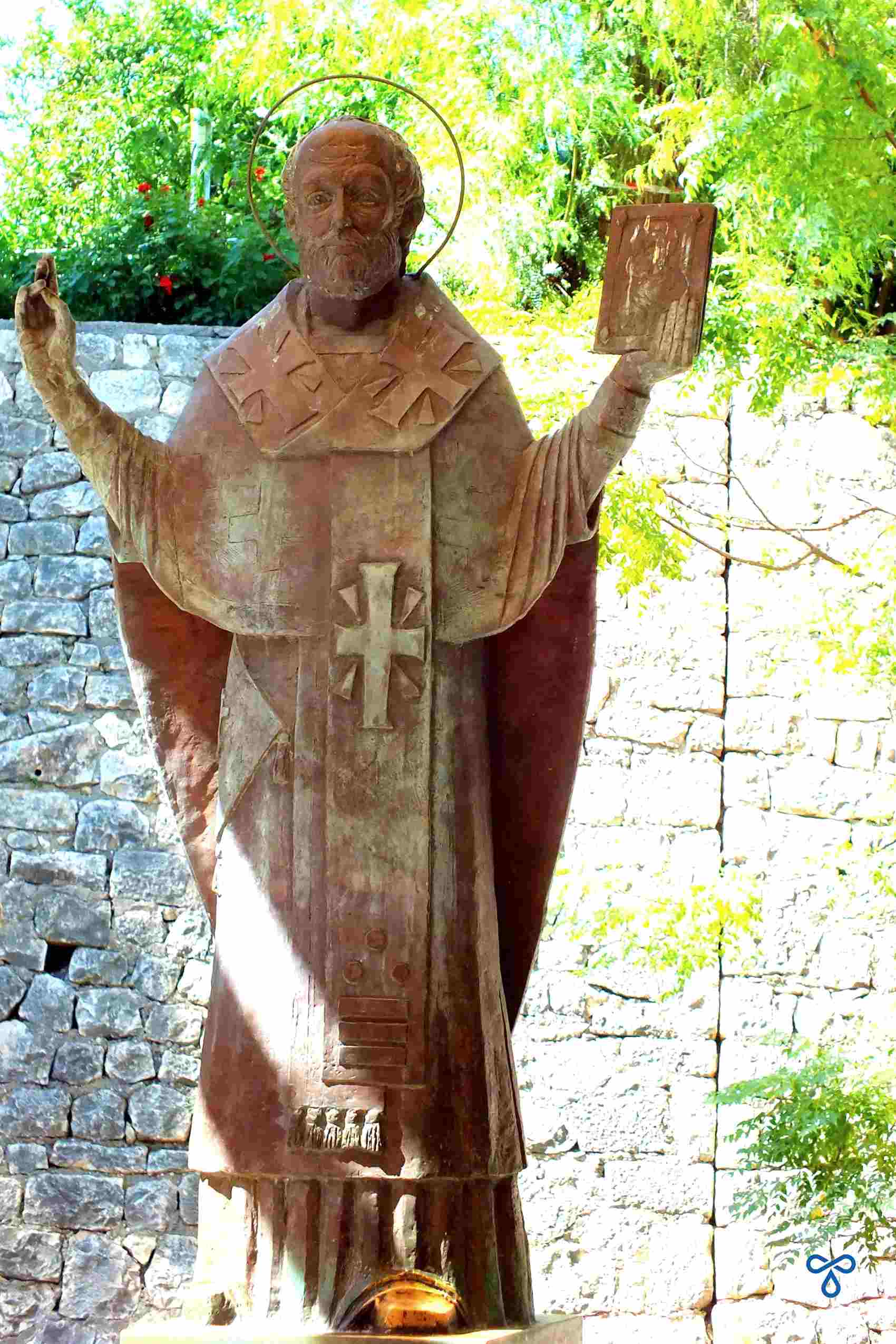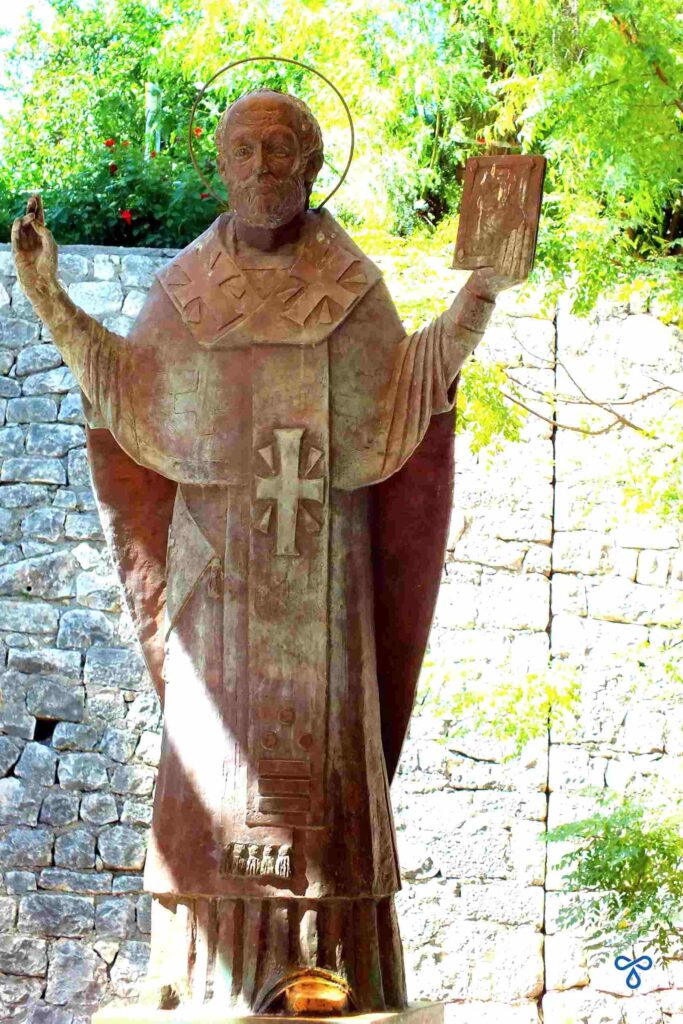Economic priorities often overshadow public health, as seen during the corona crisis, causing unnecessary casualties. The author questions overpopulation, the rise of AI, and delays in life-saving treatments like bacteriophages, while people continue to seek hope through faith amidst global health challenges.

Sometimes I think I don't understand our world anymore, do you ever have that too? In my view, the current government leaders are opting for a good economy rather than for better public health. Yesterday I saw a Belgian documentary on television about the approach to the recent corona crisis. In this documentary, it became clearer to me than ever how often politicians repeatedly postponed the right decisions to protect humanity during this crisis in favor of the economic situation in the affected countries. In my opinion, this has caused unnecessary casualties all over the world. Apparently, financial interests transcend human interests.
Are there too many people on our planet?
Again and again, I ask myself the above question. There are too many people on earth. Is it not more in the interest of the rich and or the industrialists to take care of them? Just think of the developments in the present time. How many jobs can already be cut by, for example, the development of AI? Are we humans being refined more and more to eventually work and think like machines and/or computers? In my opinion, it all started with the struggle for perfection, clocking in and out, the appraisals, everyone must become at least as good as the best. But, if we all must become the best, where are the dropouts, and who or what is going to take care of them?
Ok, people come, and people go, where to? Since Zoroatrism entered our world in about 1700 BC from ancient Persia, and Zarathustra wanted the world to believe in a god, a lot of water has flowed through our rivers. A large part of the people now believes in a heaven, wherever they may be? There are stories abound about this "location", but as many often say: "No one has ever come back from it." So, what does it look like there, and what are we going to do there? The churches and mosques are full of people who pray to be forgiven of their "sins", or for a better life, and that faith helps them one step further in their lives, they live for death, after all, they want to reach heaven.
We humans know two things for sure in our lives." We were born once, and we will die one day," but we want to postpone that death further and further. Yesterday I saw another documentary on television, this one about the fact that more and more people are dying because the old penicillin and/or other antibiotics no longer work optimally. These means to combat bacteria and viruses, invented in 1926 by Alexander Fleming, no longer always work, people become resistant. Many people are now dying in 2025 from bacteriological infections, which can no longer be stopped, should these people die? The reality is that this also happens every day, even my sister died because of it.
I was surprised that in the same documentary in which the resistance to penicillin was mentioned, the existence and or the discovery of Bacteriophages, these bacteriophages were discovered twenty years ago and are mainly found in our sewers. They are viruses that have just been discovered in nature and focus on rendering a specific type of bacteria harmless in the human body. There are many different bacteriophages that can therefore also be used against different viruses. In various countries in and outside Europe, these bacteriophages are already being used successfully to save people from certain death. This documentary also told that it could take at least twenty years before these bacteriophages could be used to save people with the permission of the World Health Organization, while the same documentary also showed people who owed their lives in other parts of the world precisely because of the use of these bacteriophages.
Should we die earlier?
Are the economic interests in the world so great that people are of less importance? Are there indeed too many people coming to our earth to be able to take care of it? Has the welfare state indeed turned out to be a utopia? Is the delay in the authorization and deployment of new drugs a means to stop humanity's growth in numbers? I am very curious, and hope to be able to experience the use of bacteriophages in my life, but isn't this deployment much too late? Fortunately, there is the belief that offers most people something to hold on to in difficult times. Let us continue to believe in heaven, and our holy fathers and mothers, they offer us confidence in the future, even if we are infected with the deadliest viruses.






